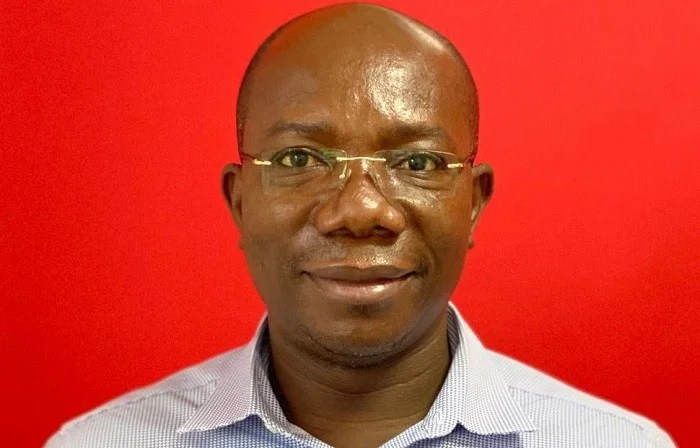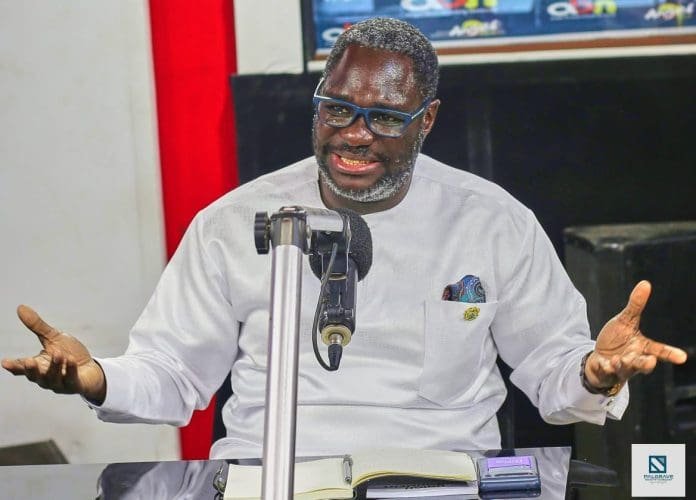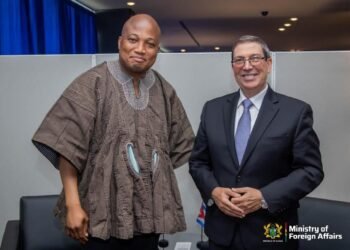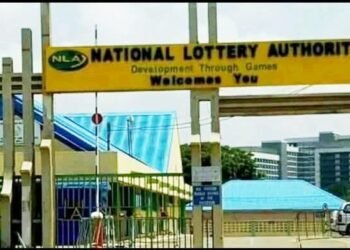The opposition New Patriotic Party (NPP) is reeling from its defeat in the recent Akwatia by-election, with senior party members urging a period of “honest introspection” to understand what went wrong.
The loss, which saw the National Democratic Congress (NDC) candidate, Bernard Bediako, reclaim the seat, has been described by NPP communications team member, Dr. Palgrave Boakye-Danquah, as a “missed opportunity” and a sharp reminder of the party’s ongoing internal rebuilding efforts.
The by-election, held on September 2, 2025, was necessitated by the untimely death of the sitting NPP Member of Parliament (MP), Hon. Ernest Kumi.
The final results, as declared by the Electoral Commission (EC), showed Bediako securing a decisive victory with 18,199 votes, while the NPP’s Solomon Kwame Asumadu garnered 15,235 votes. This result represented a significant reversal of fortunes for the NPP, which held the seat in the 2024 general elections.
“We shouldn’t have lost this election. This was an election for us to win,” Dr. Boakye-Danquah lamented.

He noted that the party is still in the process of reorganizing itself following its loss in the 2024 general elections and emphasized that electoral setbacks like Akwatia must be treated as valuable lessons. “Every fall reminds us as a political party that we need to take very seriously, our rebuilding efforts,” he stressed.
In a direct call for a thorough review, Dr. Boakye-Danquah urged the NPP leadership to conduct a “postmortem” to identify the factors that led to the defeat. He questioned the party’s candidate selection process, highlighting a potential misstep in the choice of their candidate.
He drew attention to the history of internal contests in the constituency, specifically referencing the 2016 and 2020 primaries.
“Could we have looked at the 2016 primaries that had Ama Sey and a few others standing. Could we do the 2020 primaries that had Ama Sey and Ernest Kumi, where he beat Ama Sey by about four votes?
“Could we have looked at the 2024 primaries that took Ernest Kumi to parliament? Why didn’t the party have Ama Sey as the candidate, but a treasurer in the constituency to be the candidate?”
Dr. Palgrave Boakye-Danquah, NPP Communications Team Member

Dr. Boakye-Danquah’s comments suggested that the party may have overlooked a more popular candidate in favor of their chosen representative, a decision he believes contributed to the loss. He maintained that the NPP must thoroughly review these concerns if it hopes to strengthen its chances ahead of the 2028 general elections.
Not a Rejection
Amidst the calls for a postmortem, the Director of Research and Elections of the NPP, Evans Nimako, offered a more nuanced perspective on the defeat.
He rejected the notion that the loss was a wholesale rejection of the party’s political message by the electorate. Nimako cautioned against an oversimplified interpretation of the by-election results, insisting that the outcome must be viewed within its proper context.
He highlighted the narrow margin of defeat and the fact that the NPP had recently won the same seat by a similar margin in the December 2024 general elections.
“I think that we need to get it right. The figures as declared by the EC were that the NDC candidate obtained 18,199. The NPP candidate obtained 15,235 – a difference of 2,964.
“We had won this constituency in just December by over 2,000 votes, so it can’t be right to put it the way people have, that we have been rejected outright”
Evans Nimako, Director of Research and Elections of the NPP

Nimako attributed the loss not to a rejection of the party’s policies but to what he called “external factors” during the campaign. He alleged that the defeat was influenced by vote-buying and the abuse of incumbency by the ruling NDC, which he referred to as “inducements in the constituency” and “abuse of incumbency.”
While the outcome of the Akwatia by-election has undeniably sparked intense discussion among political analysts and party supporters about its implications for the 2028 general elections, Nimako maintained that the result should not be misinterpreted as a fundamental rejection of the NPP’s appeal or its governance record.



















